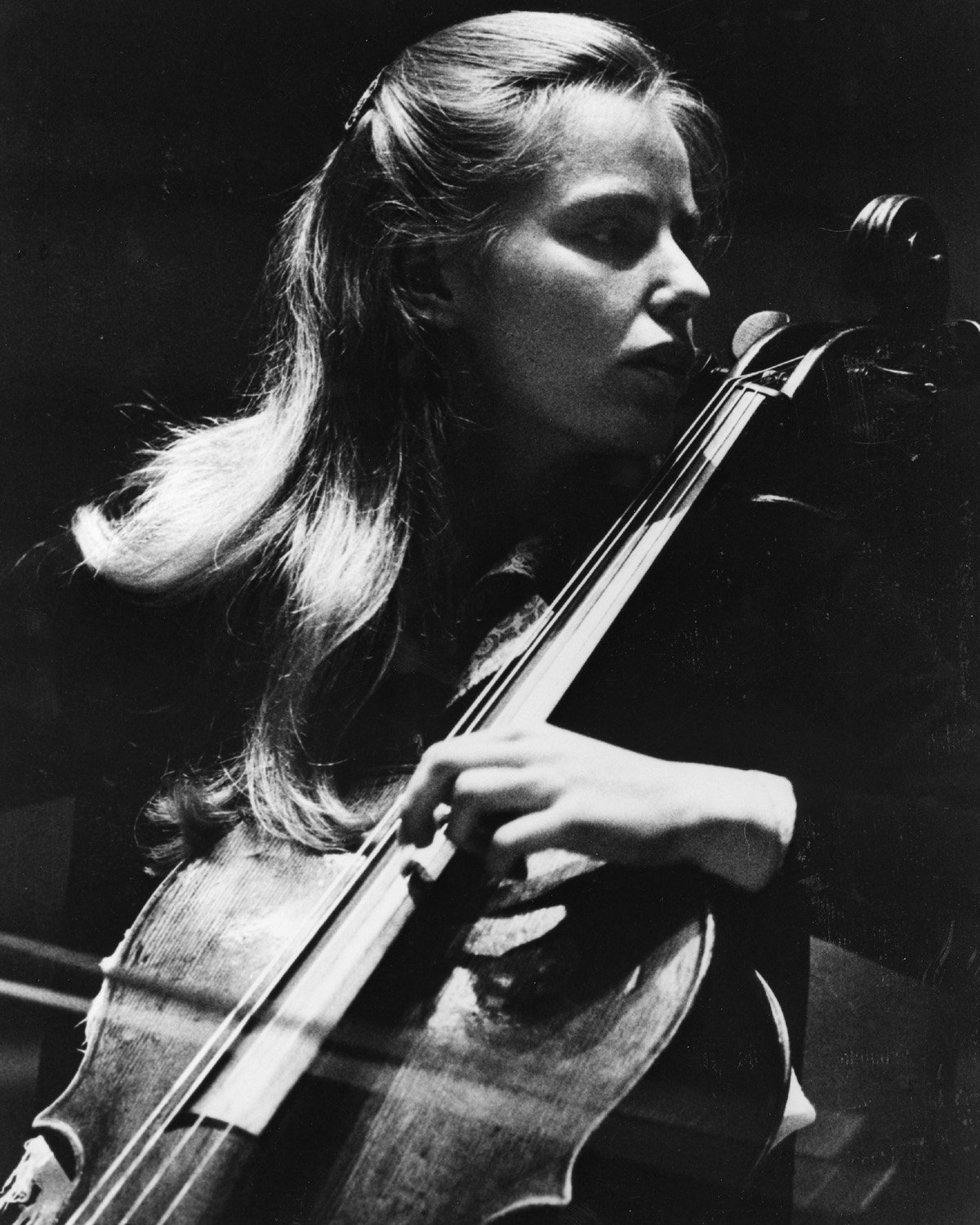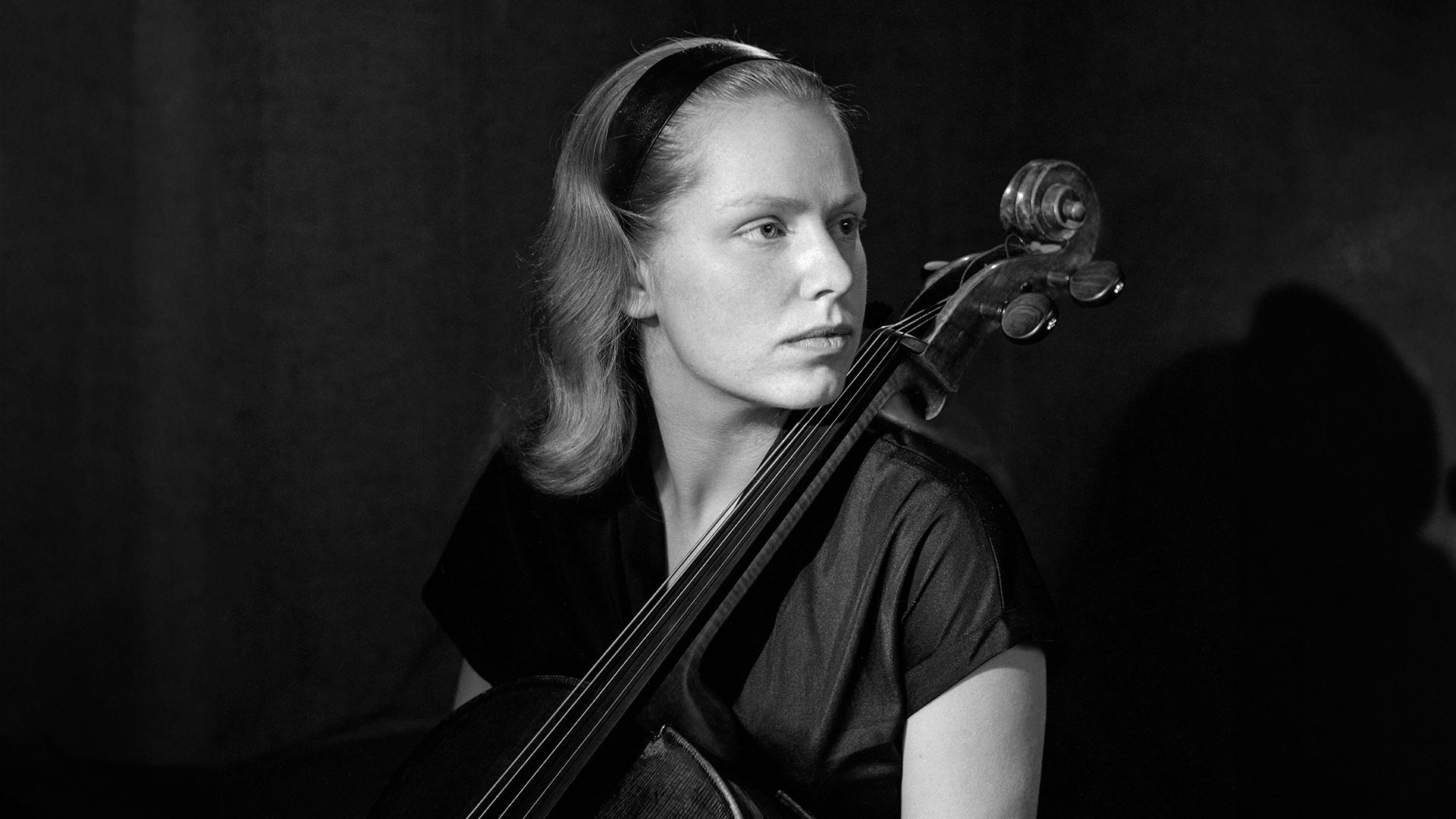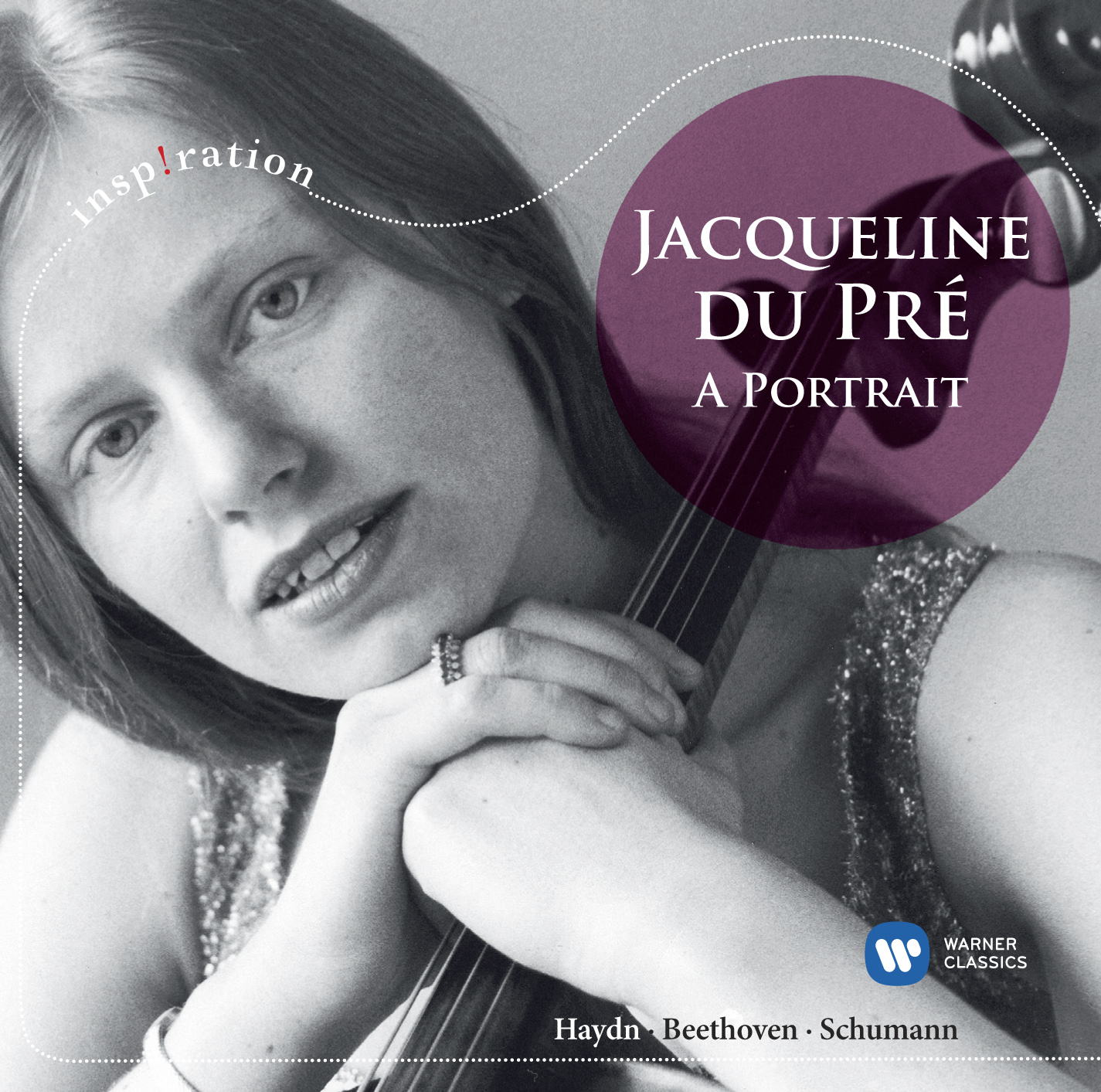Jacqueline Du Pré: The Cellist Whose Soul Sang Through Strings
Table of Contents
- Introduction: The Enduring Legacy of Jacqueline du Pré
- Biography: The Life of a Cello Prodigy
- Early Life and the Genesis of a Prodigy
- A Meteoric Rise to International Stardom
- The Elgar Cello Concerto: A Signature Performance
- Musical Collaborations and Personal Connections
- The Onset of Illness and a Career Interrupted
- Her Cherished Instruments: A Cellist's Tools
- A Legacy Beyond Words: Inspiration and Remembrance
- Conclusion: Echoes of a Cello's Soul
Introduction: The Enduring Legacy of Jacqueline du Pré
Jacqueline du Pré, a name synonymous with passionate cello playing, remains one of the most revered and enigmatic figures in classical music history. Her romantic, emotive style propelled her to international stardom by the tender age of 20, captivating audiences worldwide with a raw intensity rarely seen. Even though her playing career was tragically cut short by illness, her profound impact on the world of music ensures her place as one of the 20th century's greatest cellists, a true titan whose artistry continues to resonate decades after her passing.
Born into a musical family in Oxford, England, in 1945, Jacqueline du Pré's journey was destined for greatness from the very beginning. Her innate musicality and an unmistakable tone became her hallmarks, leading to performances with the greatest artists of her era. This article delves into the remarkable life and career of Jacqueline du Pré, exploring her early promise, her dazzling ascent, the challenges she faced, and the indelible mark she left on the hearts of millions.
Biography: The Life of a Cello Prodigy
Jacqueline Mary du Pré's life was a testament to extraordinary talent and profound tragedy. From her earliest years, it was evident that she possessed a unique gift, a connection to music that transcended mere technical skill. Her story is one of a dazzling talent, lost to the world far too soon, yet whose brilliance continues to inspire generations of musicians and listeners alike. She was a complex genius, whose shyness and vulnerability, particularly in the light of her illness, often left her misunderstood, yet her music spoke volumes.
- Shuckums Oyster Pub Seafood Grill
- Virginia Giuffre
- The Senators Son Full Movie
- Who Is Kylie Jenner Dating
- Cheryl Rhines
Personal Data: Jacqueline du Pré
| Attribute | Detail |
|---|---|
| Full Name | Jacqueline Mary du Pré |
| Born | January 26, 1945, Oxford, United Kingdom |
| Died | October 19, 1987 (aged 42), London, United Kingdom |
| Cause of Death | Multiple Sclerosis |
| Nationality | British |
| Occupation | Cellist |
| Parents | Iris du Pré (mother), Derek du Pré (father) |
| Sibling | Hilary du Pré (older sister) |
| Spouse | Daniel Barenboim (m. 1967) |
| Known For | Romantic, emotive cello playing; performances of Elgar Cello Concerto; one of the greatest cellists of all time. |
Early Life and the Genesis of a Prodigy
Jacqueline du Pré was born in Oxford on January 26, 1945, the middle child of three, into a very musical family. Her parents, Iris and Derek du Pré, fostered an environment where artistic expression was encouraged. While early talents for dancing, singing, and drawing were nurtured by her mother, it was a chance encounter with a BBC radio program that truly set Jacqueline on her destined path.
At the tender age of four, after hearing the cello on the radio, young Jacqueline was captivated. This pivotal moment led her to begin studying the cello at age five, showcasing incredible musical promise from the outset. Her dedication and innate talent quickly became apparent, setting the stage for a career that would redefine cello performance. She would later graduate from the Guildhall School of Music, London, with a gold medal in 1968, and further refine her craft with legendary teachers such as Mstislav Rostropovich in Moscow, Paul Tortelier in Paris, and Pablo Casals. These formative years, marked by rigorous study and an insatiable hunger for musical expression, laid the groundwork for the international acclaim that would soon follow. Her early teachers recognized a spark, a unique connection to the instrument that went beyond mere technical proficiency, hinting at the profound emotional depth that would become her hallmark.
A Meteoric Rise to International Stardom
By the age of sixteen, Jacqueline du Pré had already embarked on her professional career, her talent and the stark contrast between her youthful age and profound artistry captivating audiences worldwide. Her romantic, emotive style, characterized by a vibrant energy and a signature vibrato, propelled her to international stardom. She always seemed to dance as she played the cello, her long blonde hair flying freely, elbows thrown wide, embodying the music with every fiber of her being. This physical engagement with her instrument was a visual manifestation of the deep emotional connection she forged with every note.
- Once Upon A Time In Mexico
- House Passes Bill Limiting Judges
- Lebron James Height
- Barr Douglas
- Charles Durning
Throughout the second half of the twentieth century, Jacqueline du Pré gave concerts worldwide, leaving an indelible mark on every stage she graced. Her performances were not just technically brilliant; they were deeply personal and emotionally charged, drawing listeners into the very soul of the music. Her interpretations were often described as revelatory, bringing fresh perspectives to well-known works and imbuing them with a raw, almost visceral intensity. This unique ability to communicate profound emotion made her a phenomenon, a cellist whose performances transcended mere sound and became a shared experience of human feeling. Her ascent was swift and undeniable, making her a household name in classical music circles before she even reached her mid-twenties.
The Elgar Cello Concerto: A Signature Performance
While Jacqueline du Pré's repertoire was vast and varied, she is particularly remembered for her performances and iconic recording of the Elgar Cello Concerto in E minor. Her interpretation of this poignant work is widely regarded as definitive, bringing the Elgar Cello Concerto to the masses and cementing its place in the popular imagination. For many, her rendition is the Elgar Concerto, a testament to the profound impact she had on its reception and enduring popularity.
On March 21, 1962, at just 17 years old, Jacqueline du Pré gave her first performance of the Elgar Cello Concerto at the Royal Festival Hall in London. It was a performance that would become legendary, showcasing her profound understanding and emotional connection to the piece. This particular concerto seemed to unlock something unique within her, allowing her to express a depth of feeling that resonated deeply with audiences. The melancholic beauty and elegiac quality of Elgar's masterpiece found its perfect voice in du Pré's impassioned playing. Her recording of the Elgar Concerto remains one of the best-selling classical albums of all time, a testament to her unparalleled artistry and the enduring power of her interpretation. It is a recording that continues to move listeners, a timeless example of a performer and a piece of music becoming inextricably linked through sheer genius.
Musical Collaborations and Personal Connections
Jacqueline du Pré's career was also defined by her remarkable collaborations with other musical luminaries. She performed and recorded with the Chicago Symphony Orchestra in 1969 and 1970, further solidifying her international reputation. Her innate musicality and unmistakable tone made her a sought-after partner for conductors and soloists alike, as her presence elevated every ensemble she joined. She possessed a rare ability to both lead and blend, making her a truly exceptional chamber musician and concerto soloist.
A significant personal and professional partnership was formed with the Argentine-Israeli pianist and conductor Daniel Barenboim. In 1967, Jacqueline du Pré married Daniel Barenboim in Jerusalem, after converting to Judaism. Their union was a powerful force in the classical music world, with their joint performances and recordings becoming iconic. Photographs of Jacqueline du Pré and Daniel Barenboim at home, or during rehearsals with the English Chamber Orchestra in 1969 (as seen in historical archives like www.englishchamberorchestra.co.uk), capture the essence of their deep connection, both personal and musical. Their shared passion for music created a dynamic synergy that elevated every performance, marking an era of extraordinary musical dialogue between two prodigious talents. Their relationship was not merely a marriage but a profound artistic collaboration that yielded some of the most memorable recordings of the era.
The Onset of Illness and a Career Interrupted
Tragically, the happiness and meteoric rise of Jacqueline du Pré did not last long. Four years after her marriage, in 1971, she began to experience symptoms that would soon devastate her career and life. She started to lose the sensation and mobility of her fingers, affected by what would later be diagnosed as multiple sclerosis (MS). This insidious neurological condition gradually eroded her physical capabilities, attacking the very nerves that allowed her to communicate through her cello.
The physical deterioration was increasing, and by 1973, a young Jacqueline du Pré, having just turned 28 years old, had to retire from musical activities. This marked the heartbreaking end of her performing career, a cruel twist of fate for a talent so immense. She was still quite young when she became ill with multiple sclerosis and had to give up playing her cello, a loss that profoundly impacted the classical music world and left countless admirers heartbroken. Jacqueline du Pré was born in Oxford in 1945 and died on October 19, 1987, of multiple sclerosis at age 42, a life cut short by the debilitating disease. Her final years were marked by a courageous battle against the illness, but the world mourned the silence of her cello, a silence that felt deafening after such a vibrant sound.
Her Cherished Instruments: A Cellist's Tools
Beyond her innate talent, Jacqueline du Pré's artistry was also shaped by the instruments she played. In her youth, she played several instruments, including an early 1673 Stradivari, a Guarneri, a Ruggieri, and a Tecchler. These instruments, each with its unique voice, contributed to her developing sound and allowed her to explore different tonal qualities as she honed her craft. Her versatility in handling these various instruments speaks to her deep understanding of the cello's capabilities.
However, when du Pré was 16, a pivotal acquisition was made: her godmother, Ismena Holland, purchased for her the magnificent 1712 "Davidoff" (or "Davydov") Stradivari for $90,000. This legendary instrument became her primary cello, the one most associated with her iconic recordings and performances. The "Davidoff" Stradivari, with its rich, powerful tone, perfectly complemented Jacqueline du Pré's expressive playing style, allowing her to convey the full spectrum of human emotion through her music. It was with this instrument that she forged her most famous interpretations, creating a symbiotic relationship between artist and tool that yielded unparalleled musical magic. The cello itself became an extension of her soul, amplifying her every nuance and passion.
A Legacy Beyond Words: Inspiration and Remembrance
In her short life, Jacqueline du Pré performed with the greatest artists of her era and left behind a legacy as one of the greatest cellists of the recorded era, known for her innate musicality and unmistakable tone — and as a person of warmth and light whose loss the world mourned deeply. Toby Perlman, wife of violinist Itzhak Perlman, eloquently stated, "Some things, very few, are beyond words. And Jacqueline du Pré was a creature beyond words." This sentiment perfectly encapsulates the profound impact she had on those who knew her and those who simply heard her play. Her ability to transcend the notes on a page and communicate directly with the human spirit was truly unique.
Her story of genius and tragedy has continued to captivate audiences, inspiring a film, a ballet, and an opera, ensuring that her narrative reaches beyond the confines of classical music. Documentaries like "Genius and Tragedy" by Allegro Films, which digs into original film archives to tell the definitive story of who she was and why she was such an extraordinary musician, continue to be produced. A new documentary commemorates Jacqueline du Pré ahead of her upcoming 80th anniversary, with "Genius and Tragedy" premiering on PBS America platforms from January 24th, coinciding with what would have been her 80th birthday on January 26, 2025, had she still been alive. These works ensure that her memory and her unparalleled musical gift continue to touch new generations, solidifying her place not just in music history, but in the broader cultural consciousness as an icon of resilience, passion, and artistic brilliance.
Conclusion: Echoes of a Cello's Soul
Jacqueline du Pré's life was a brilliant, albeit brief, comet across the firmament of classical music. From her astonishing early talent, blossoming at age five, to her meteoric rise to international fame by 20, she redefined what was possible on the cello. Her iconic performances of the Elgar Cello Concerto, her vibrant collaborations with figures like Daniel Barenboim, and her ability to infuse every note with profound emotion solidified her status as one of the greatest cellists of all time. Though her career was tragically cut short by multiple sclerosis at just 28, and her life ended too soon at 42, her legacy endures.
Her innate musicality, her unmistakable tone, and her passionate, dancing style continue to inspire and move listeners worldwide. Jacqueline du Pré was more than just a cellist; she was a force of nature, a "creature beyond words," whose music continues to speak to the deepest parts of the human soul. Her story is a poignant reminder of the fragility of genius and the enduring power of art. We invite you to explore her recordings, watch the documentaries that celebrate her life, and share your own reflections on the enduring magic of Jacqueline du Pré in the comments below. Her music, truly, is eternal.

Jacqueline du Pre Quotes. QuotesGram

Jacqueline Du Pre: Genius and Tragedy - Jacqueline du Pré and The Trout

Jacqueline du Pré: A Portrait | Warner Classics